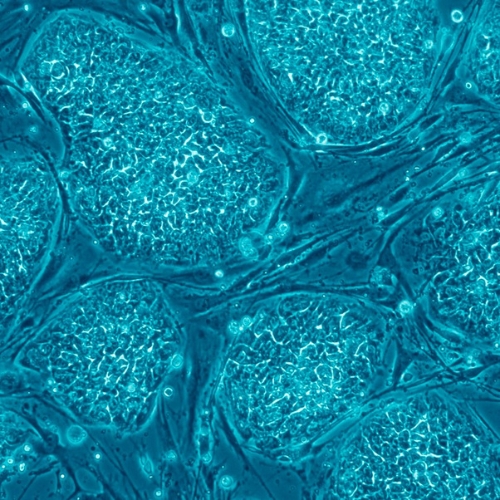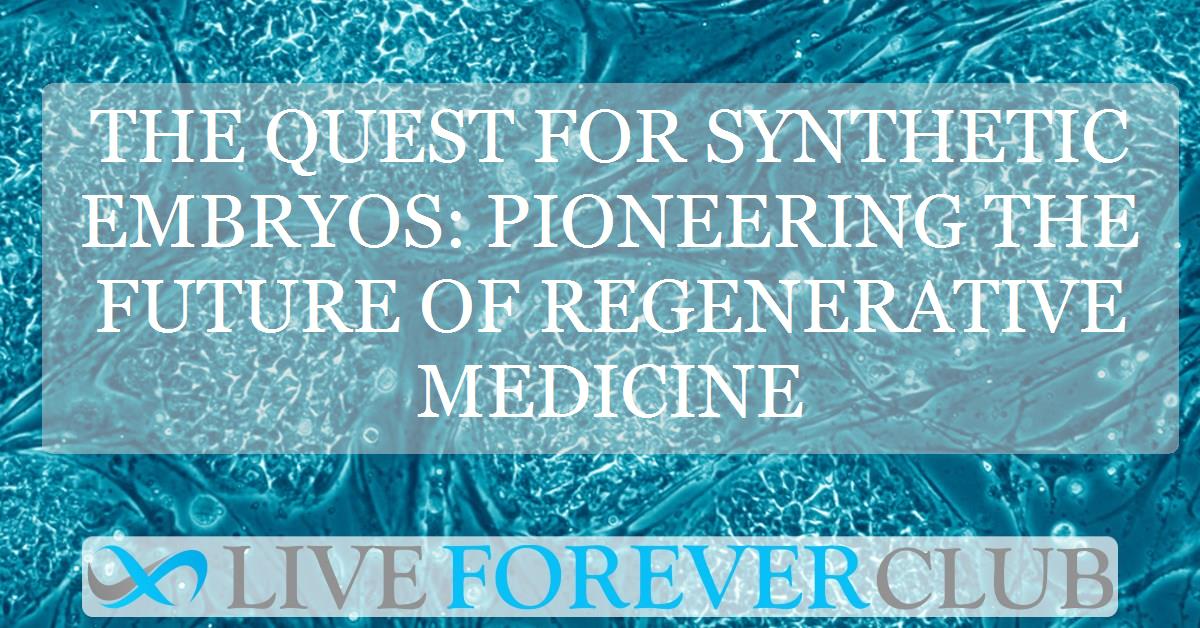Key points from article :
Israeli biotech startup Renewal Bio is pushing boundaries by exploring the creation of synthetic human embryos to harvest tissues and organs for medical applications. This ambitious approach aims to address infertility, age-related conditions, and organ transplants by leveraging breakthroughs in stem-cell technology and artificial wombs developed by Jacob Hanna at the Weizmann Institute of Science.
Hanna's research recently demonstrated the growth of realistic mouse embryos from stem cells in a mechanical womb, achieving development stages including beating hearts and cranial folds—without the use of eggs, sperm, or a uterus. This technique, already published in Cell, offers a template for creating human embryo models equivalent to 40–50 days of development, forming early organs and tissue.
The startup envisions applications like rejuvenating ageing immune systems with embryonic blood cells or producing youthful eggs for women with infertility. However, the ethical implications are vast. Critics argue against closely mimicking real embryos, advocating for simplified structures to minimize moral dilemmas. To address these concerns, Hanna proposes genetic modifications to ensure synthetic embryos remain non-viable, such as preventing the development of key organs.
Renewal Bio, still in its infancy, is refining its techniques, improving incubation technologies, and exploring potential applications for synthetic embryos. Despite hurdles, including inefficiencies in embryo development and ethical challenges, this research could unlock transformative opportunities in regenerative medicine.





